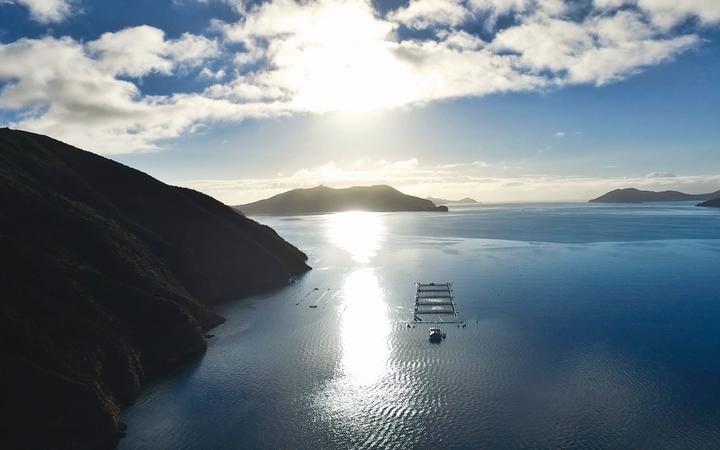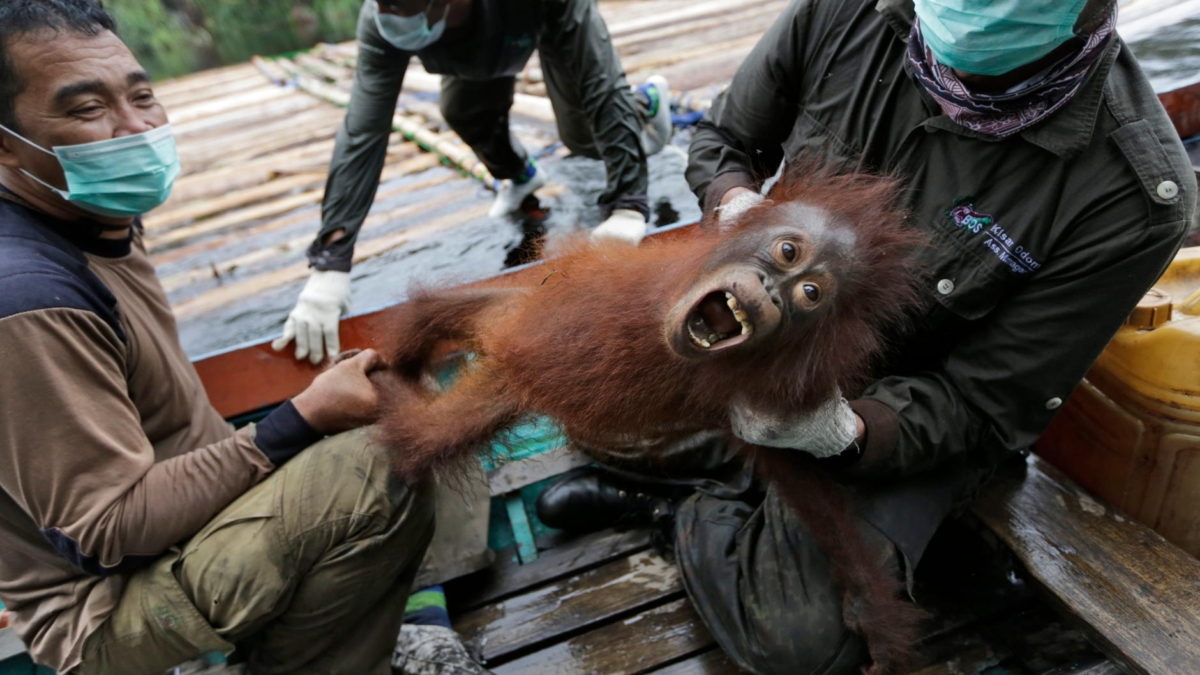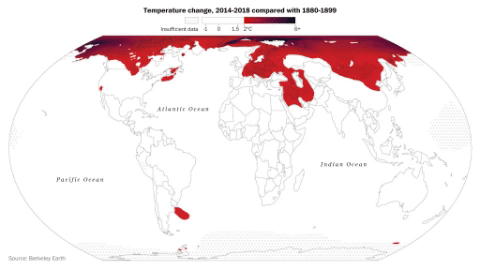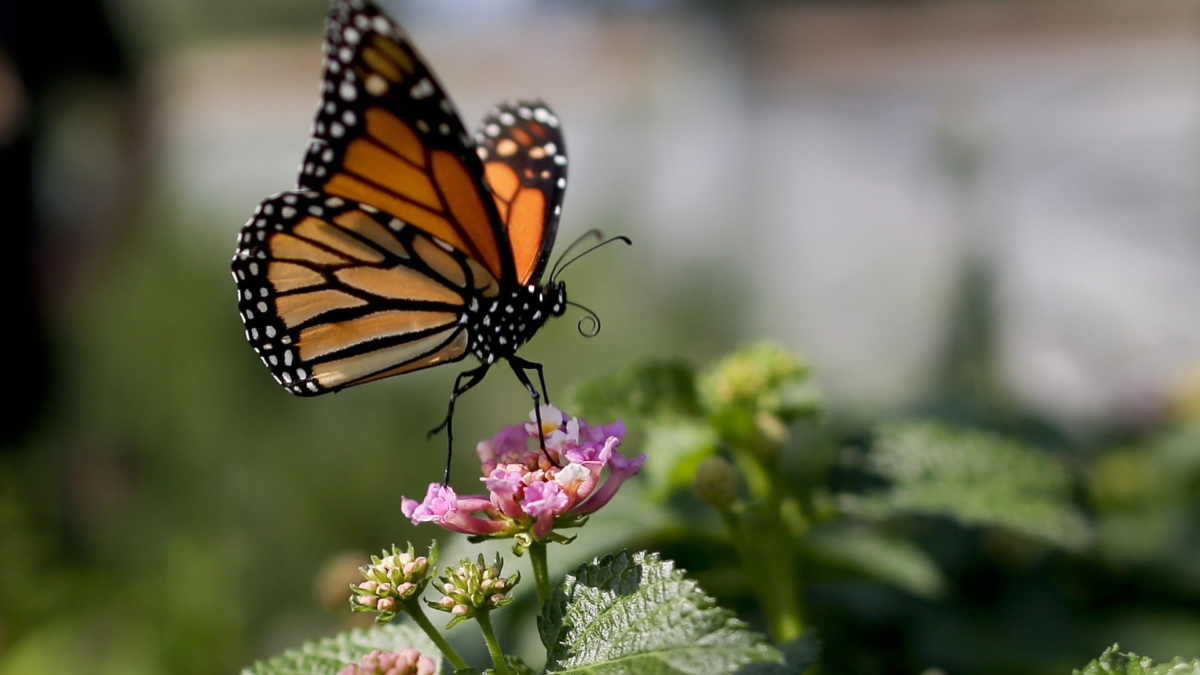Major New Zealand salmon producer shuts farms as warming waters cause mass die-offs – “We thought we had more time”
By Tess McClure
26 May 2022
AUCKLAND (The Guardian) – New Zealand’s biggest king salmon farmer says it is shutting some of its farms after warming seas prompted mass die-offs of fish, warning that it is a “canary in the coalmine” for climate change.
New Zealand is the world’s largest producer of king, or “chinook” salmon, a highly valued breed which fetches a premium on the world market. The country’s farms account for about 85% of global supply, New Zealand King Salmon chief executive Grant Rosewarne said.
Now, increasingly warm summer seas mean the fish at some sites are dying en masse before they can reach maturity, leaving farmers dumping thousands of tonnes of dead fish into local landfills.
“There should be alarm bells,” Rosewarne said. “When I joined this company, I never heard of the term ‘marine heatwave’…. Recently, there’s been three of them.
“We thought we had more time,” Rosewarne said. “Climate change is a slow process but faster than many people think – certain industries are … canaries in the coalmine.”
“We thought that climate change is a really slow effect, detected over decades – and possibly we’ve got, two decades before we’re even impacted. Well, within one decade we were impacted.”
It’s considered usual for a small percentage of farmed fish to die each year, but warming temperatures have significantly increased those deaths. In 2022, the King Salmon Company’s “percentage mortality of biomass” for the fish was up to 42% in warm water areas where the fish were not towed to cooler zones; compared to 17% in 2018. Even when the fish were towed out to cooler waters, many were dying: 37% in 2022, compared to just 10% in 2018.
Over the summer months, hotter water temperatures, heated by warm currents coming down from the coral sea, had pushed some of the farmed populations over the edge. “We see [temperatures] elevated by a full degree – I know that doesn’t sound much to people, but a full degree is huge for our species,” he said. “If you get to 18 degrees for two weeks, then you have a mass mortality event on your hands.”
According to RNZ, trucks taking dead fish out of the area had dumped 1,269 tonnes of dead fish and waste in Blenheim’s landfill over the summer – 632 tonnes in February alone, seven times last year and up from the 194 tonnes dumped in February 2020. [more]
Major New Zealand salmon producer shuts farms as warming waters cause mass die-offs
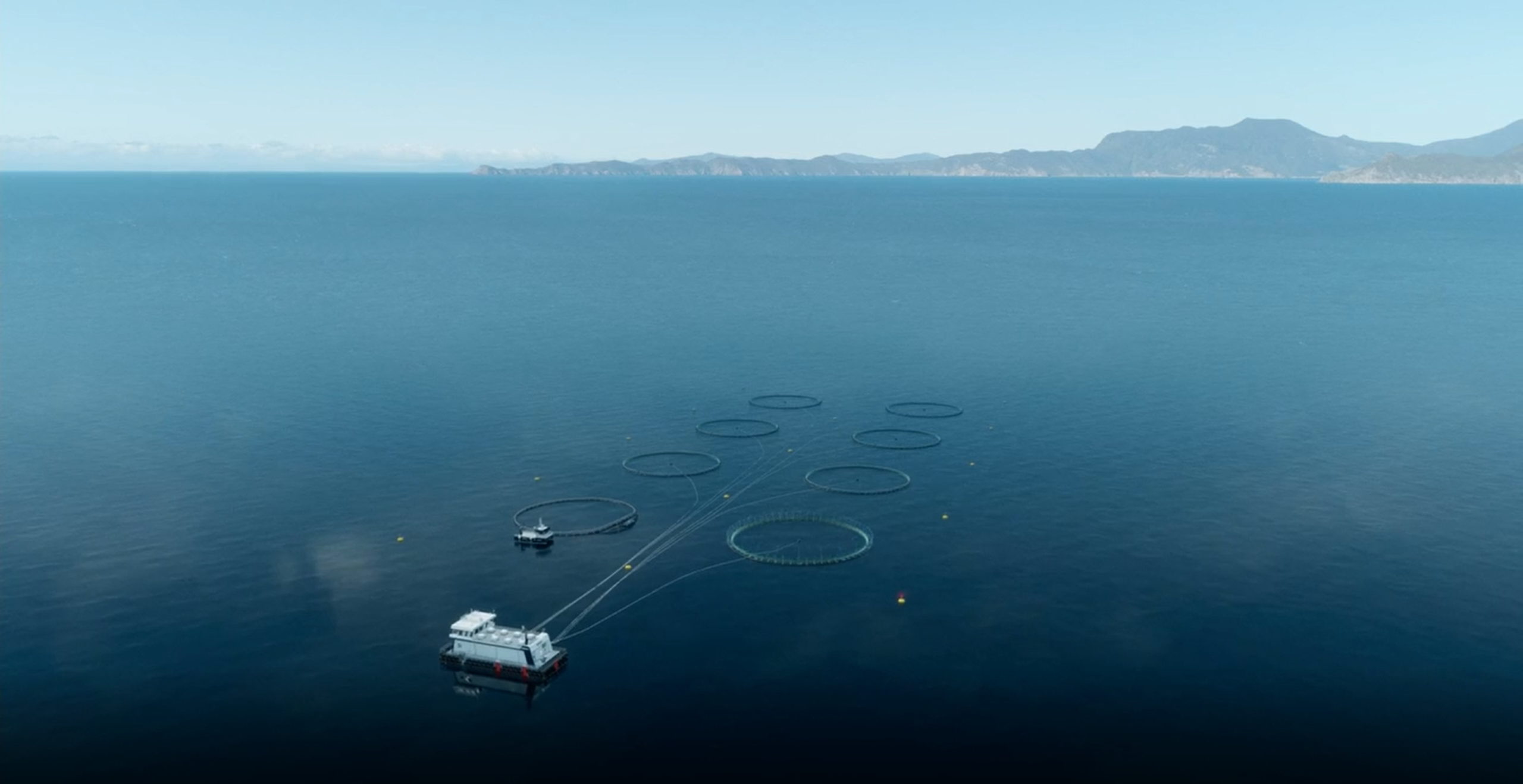
NZ King Salmon to close farms due to rising sea temperatures
By Samantha Gee
25 May 2022
(RNZ) – The country’s largest salmon producer says it is being forced to close farms and let go of staff due to warmer water temperatures brought on by climate change.
New Zealand King Salmon will fallow three farms in the Pelorus Sound by next summer, with one kept to run trials.
It comes after a summer blighted by unusually high fish mortalities.
Between December and February, trucks from Havelock and Picton made 160 trips to the Blenheim landfill, dumping 1269 tonnes of dead fish and waste.
February alone saw 632 tonnes of fish waste dumped, more than seven times the 90 tonnes that was dumped in February 2021 and up from the 194 tonnes dumped in February 2020.
New Zealand King Salmon chief executive officer Grant Rosewarne said while the Pelorus sites were suitable for nine months of the year, they were now too warm to farm through summer.
“What we’ve tried to do in the past is develop better technology, better practices, better ways of farming the fish to lower their stress so that they can tolerate the temperatures and get through the summer, but we’ve now come to the view that there’s no amount of that, that’s successful, so the prudent thing then is to is just to avoid the summer.”
Rosewarne said it was the first time the company has had to close farms due to rising sea temperatures as a result of climate change.
“I’ve often said we’re a bit like the canary in the coal mine, when it comes to global warming, we’ve got a cold-water species that’s very susceptible to half a degree change or one degree change. That’s what we’re seeing in the Pelorus and we’re very much hoping to work with the government, for them to mitigate climate change as they have committed to do.”
While the closures would reduce the harvest volume, Rosewarne said the lower mortality costs would provide for a more stable, predictable operation.
New Zealand King Salmon reported a net loss of $55.7 million in the 2022 financial year.
The Pelorus farm closures would result in a forecast decline in production in the 2023 and 2024 financial years to 5,700 and 6,500 tonnes respectively, with a 200 tonne increase predicted for 2025.
Rosewarne said the closures would also result in redundancies with around 120 positions affected – it had already lost around 59 staff due to natural attrition and with another 60 positions still to go.
The situation was a “real tragedy” for the company and its people and could have been avoided if the company had enough cool water space for farming, he said. [more]
NZ King Salmon to close farms due to rising sea temperatures
